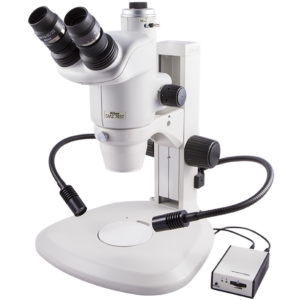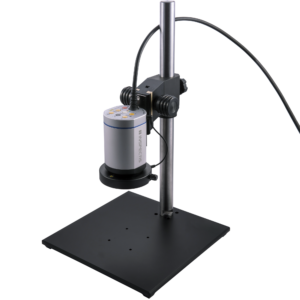Nur für Geschäftskunden (B2B)
(z.B. aus den Bereichen Industrie, Universitäten, Institute, OEM, Gutachter, Forscher…)
Stellen Sie Ihr System über unsere Produktkonfiguratoren bequem selbst zusammen und bestellen Sie direkt im Shop oder auch gerne schriftlich wie gewohnt.
Bei Fragen, Angeboten oder Sonderwünschen, stehen wir Ihnen gerne zur Verfügung.

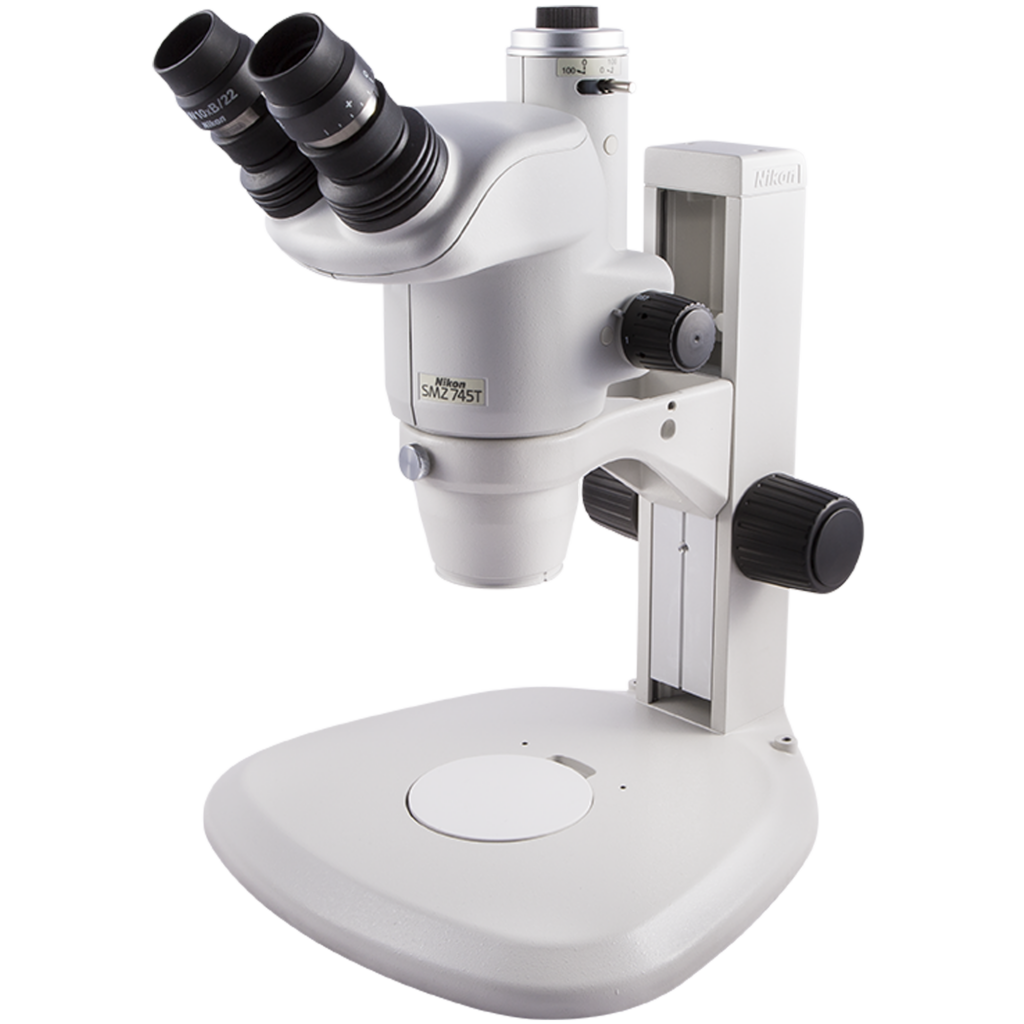
Stereomikroskope (Produktion, Routine)
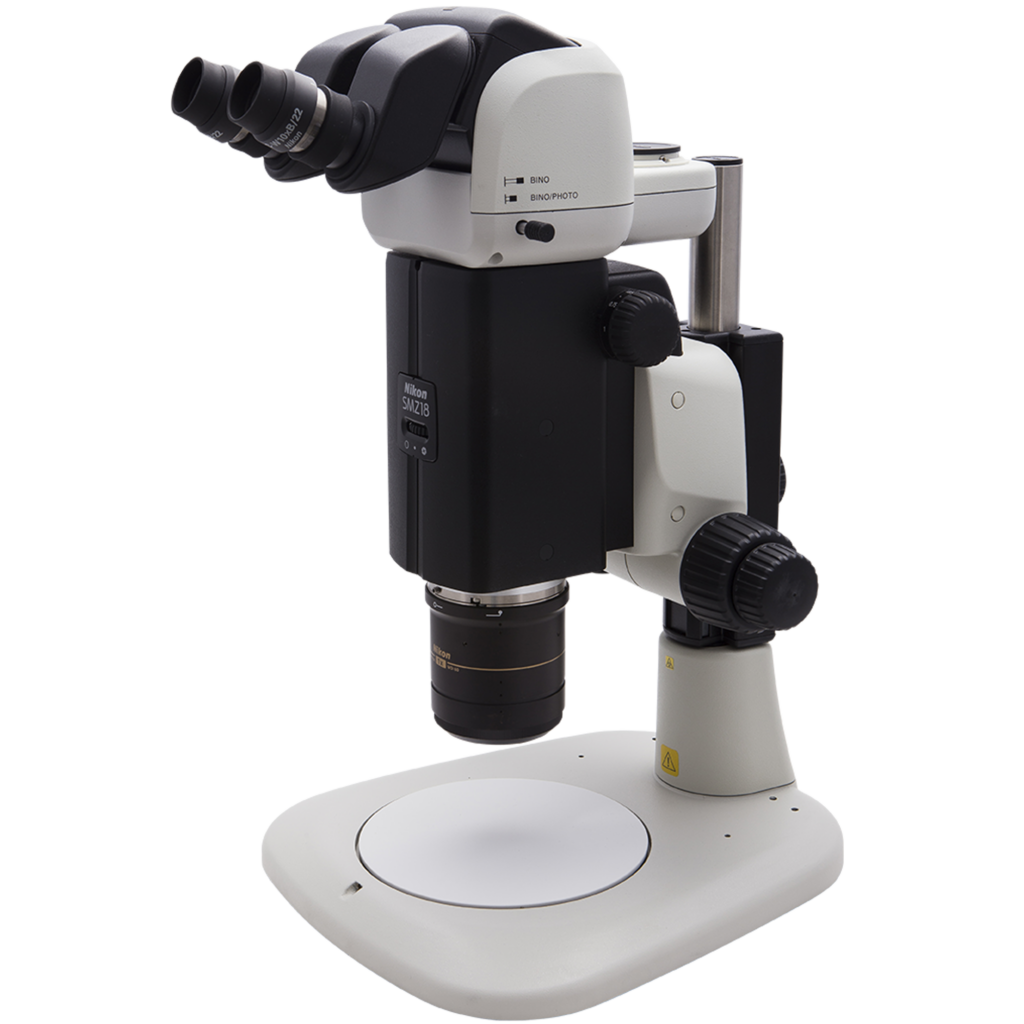
Stereomikroskope (Messraum, Forschung)

3D-Digitalmikroskope (im Livebild)
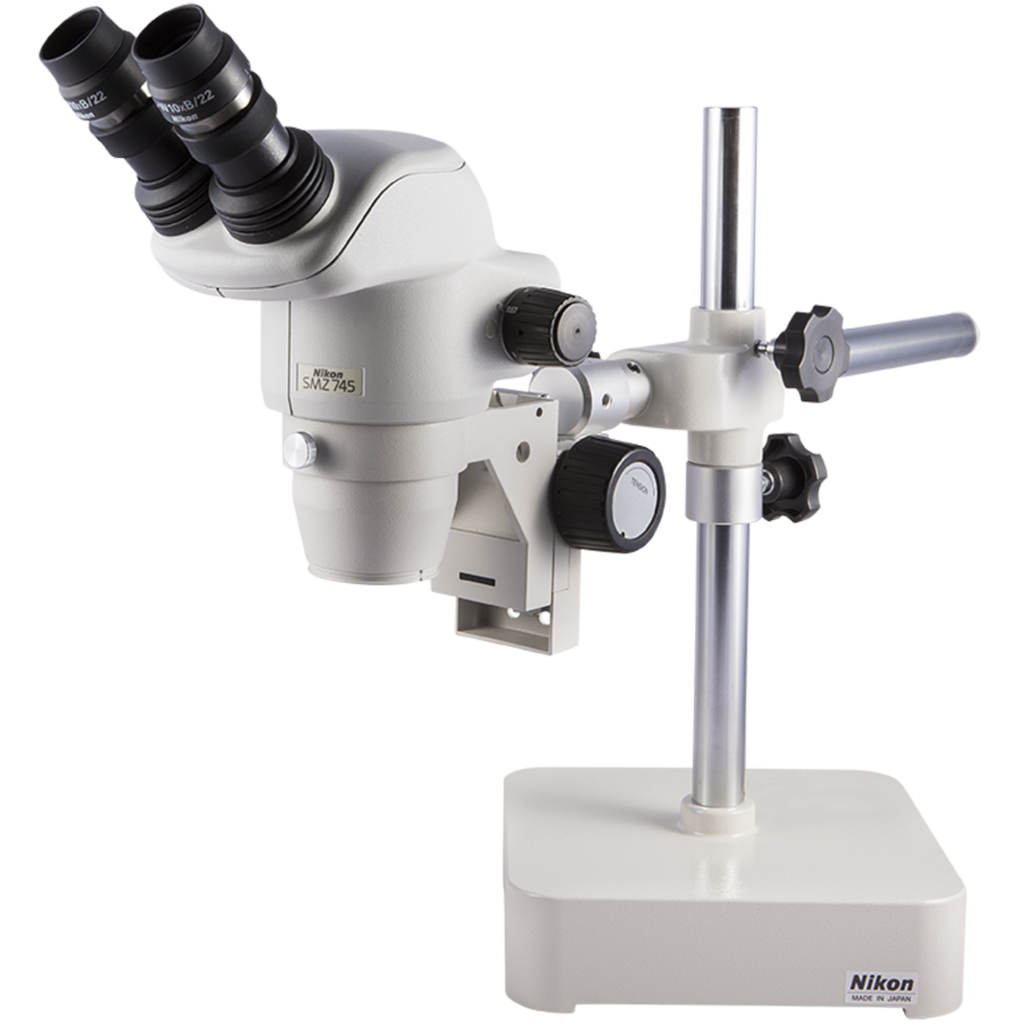
Leiterplatteninspektion

Materialmikroskope
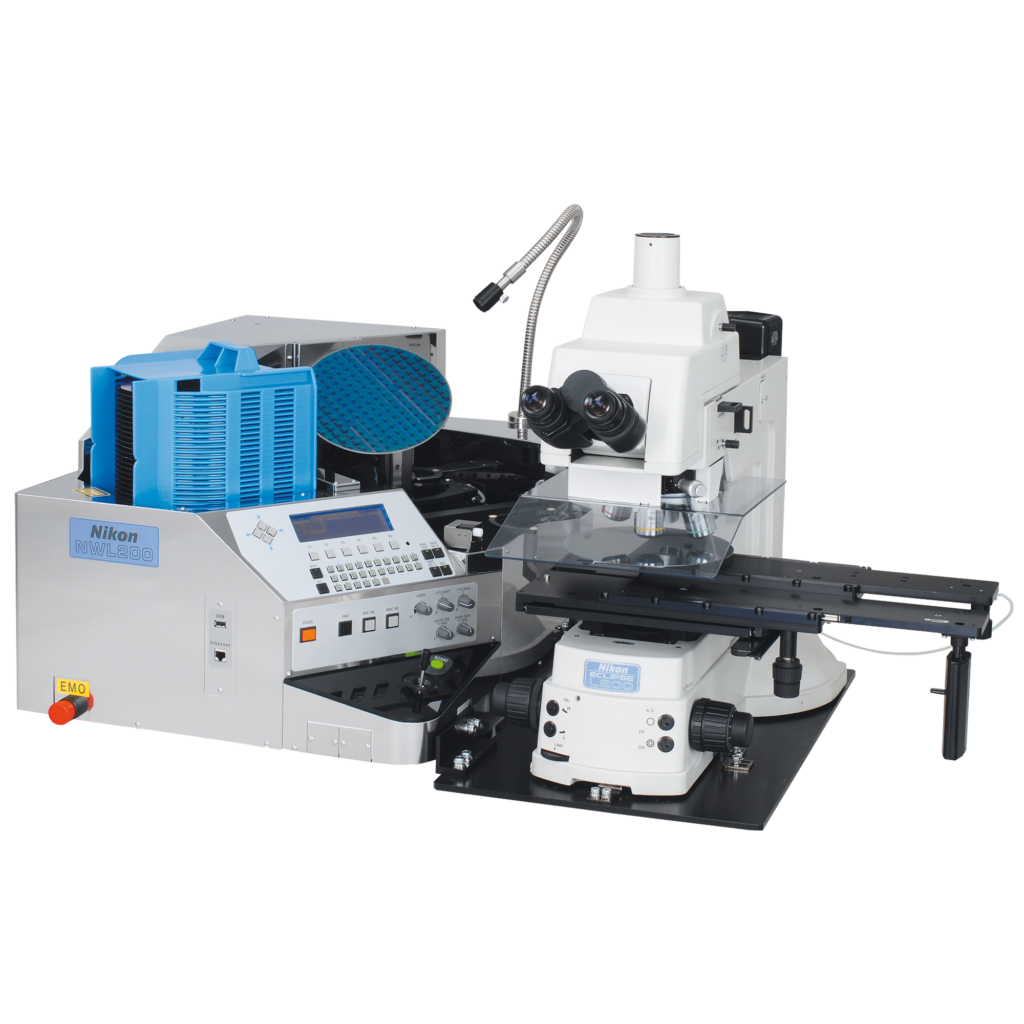
Waferinspektion

Objektive

Vorfuehrsysteme, Angebote

Kameras, Beleuchtung, Inspectis, Digimicro
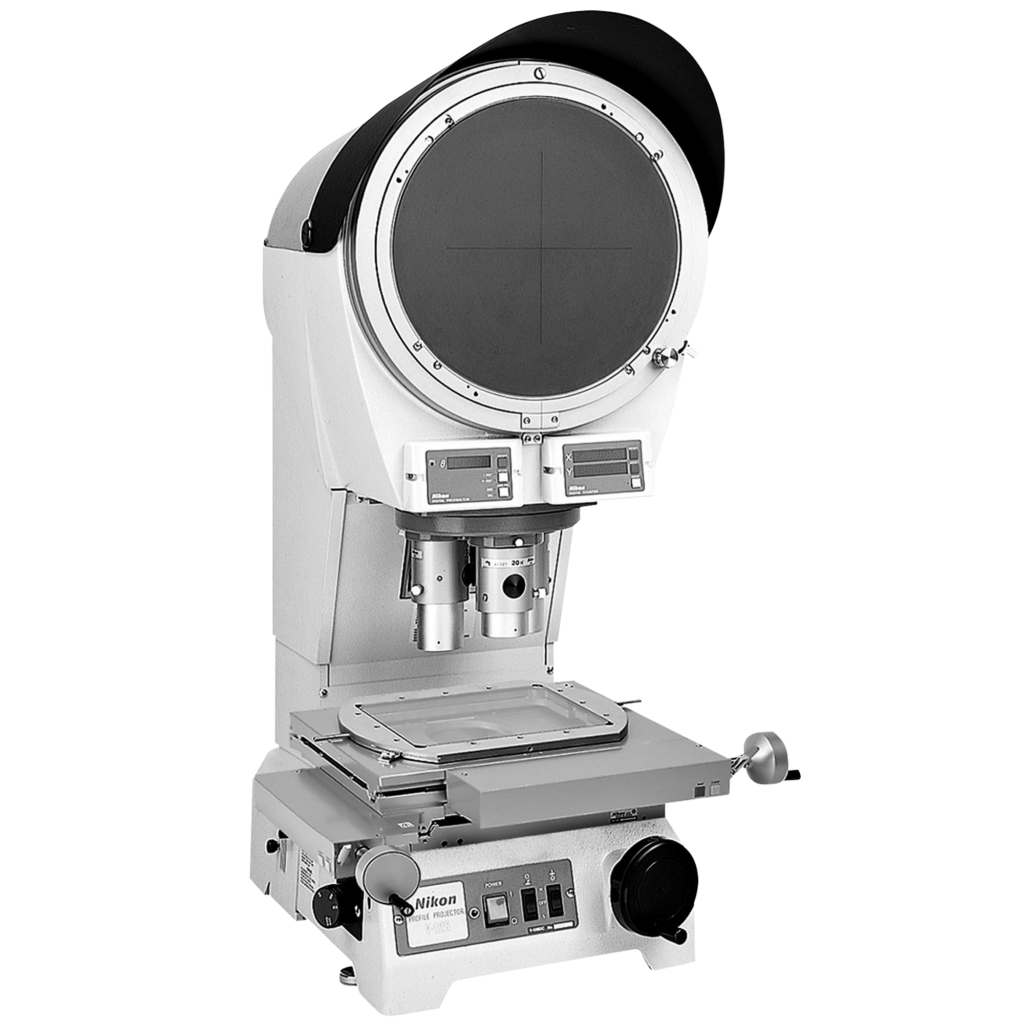
Profilprojektoren
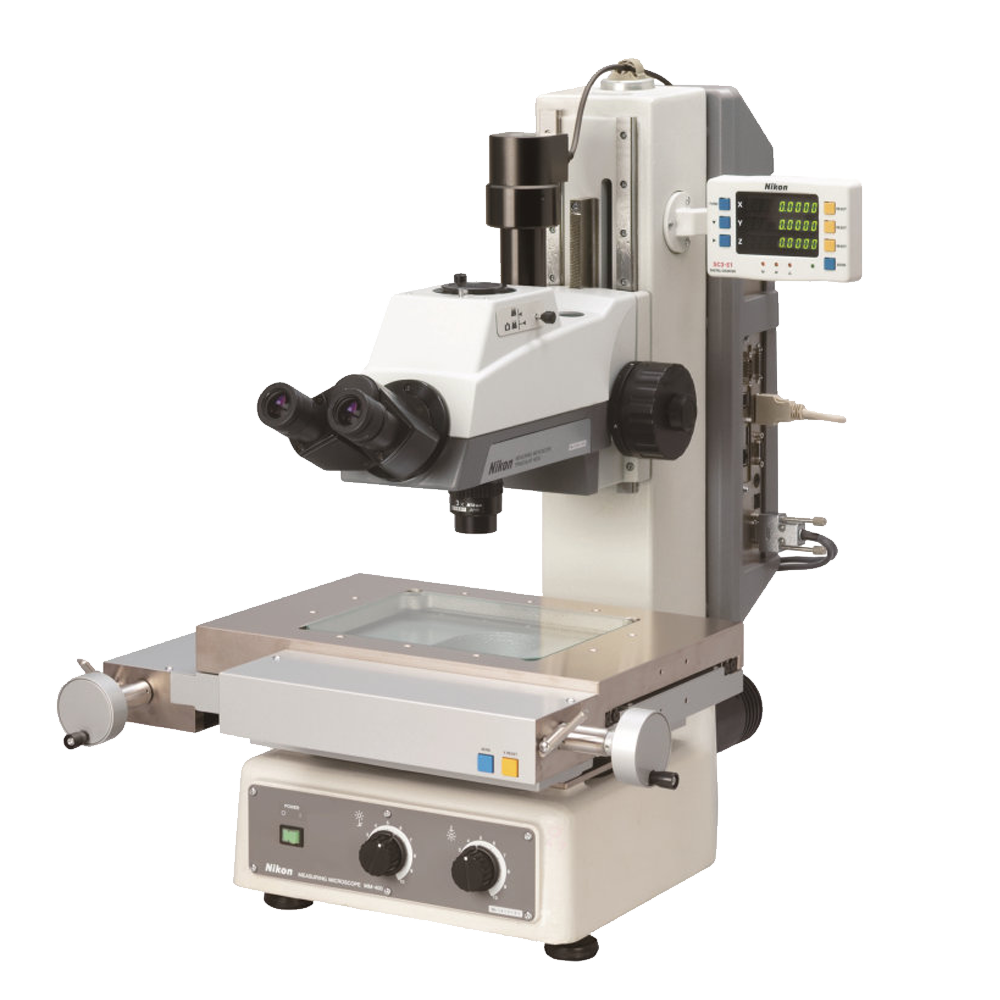
Messmikroskope
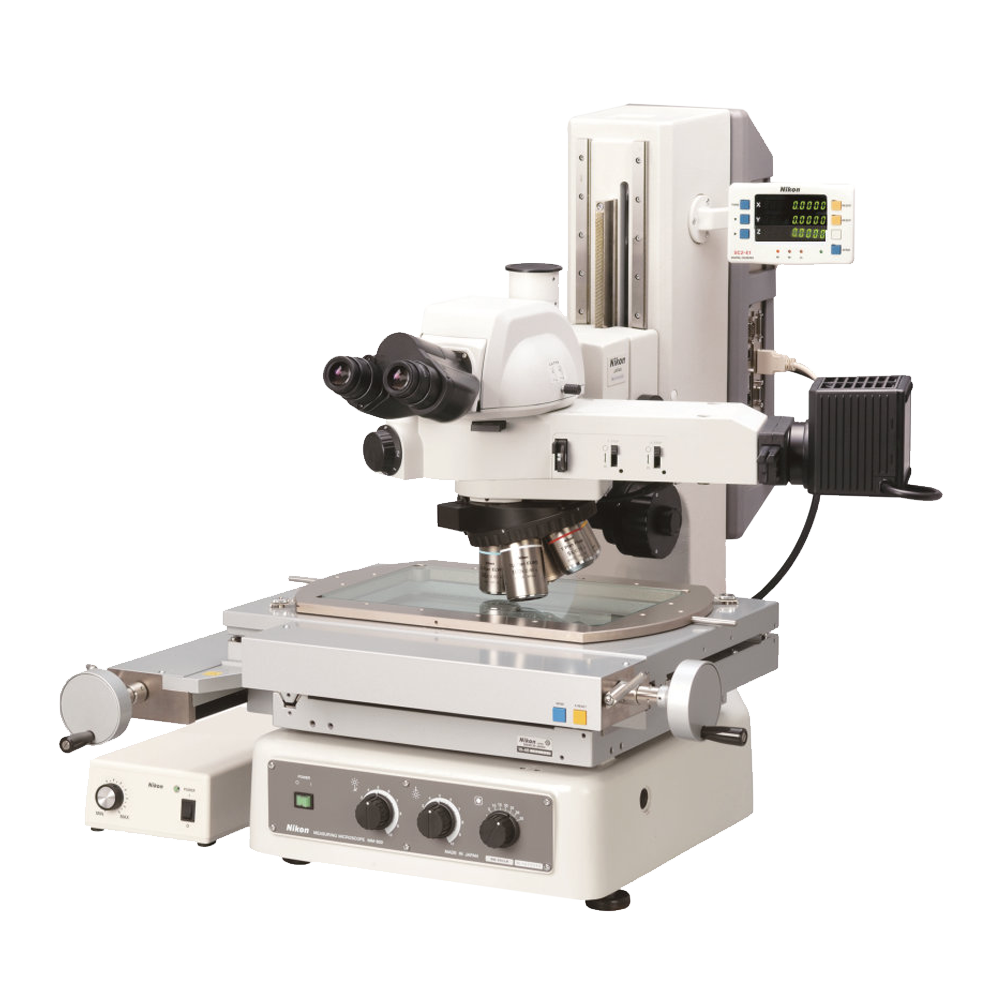
Universal-Messmikroskope
Aktuelle Angebote

002072, 3D Global Scalereo Desk universal, 3D-Digitalmikroskop mit Schwenkarmstativ
002072, 3D Global Scalereo Desk universal, 3D-Digitalmikroskop mit Schwenkarmstativ
12.900,00 € netto
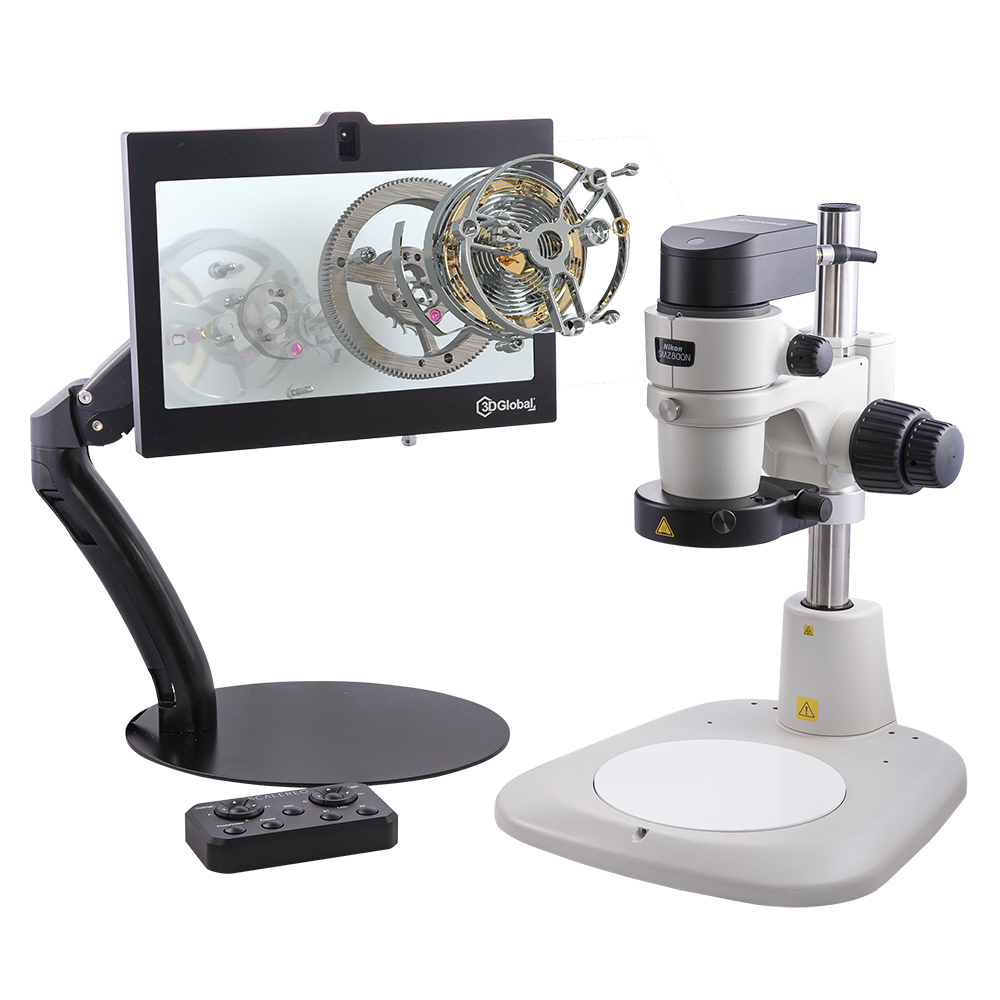
S04-0050-0412-3D, 3D Global Scalereo Flex compact, 3D-Digitalmikroskop mit Säulenstativ
S04-0050-0412-3D, 3D Global Scalereo Flex compact, 3D-Digitalmikroskop mit Säulenstativ
14.212,00 € netto


